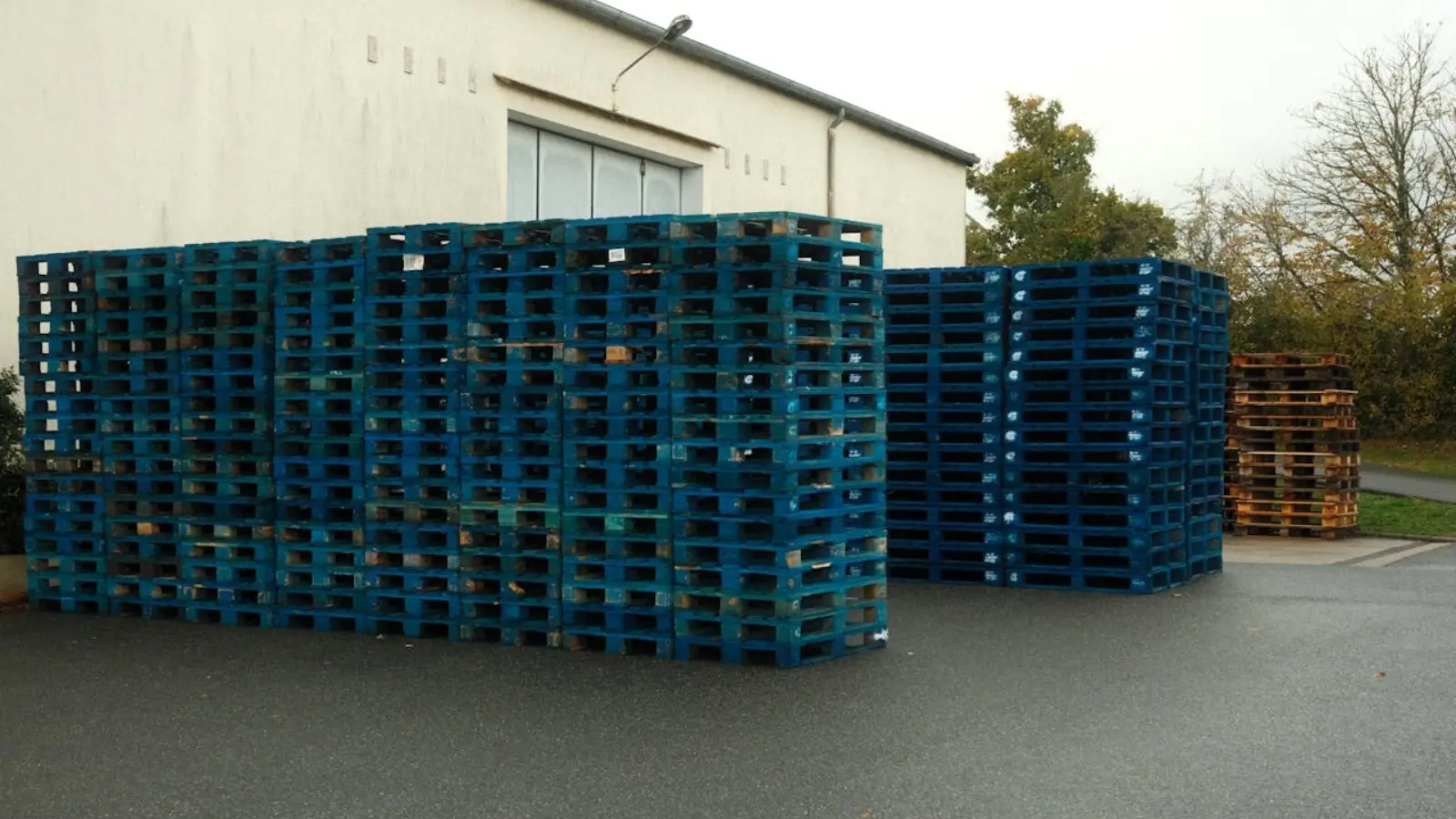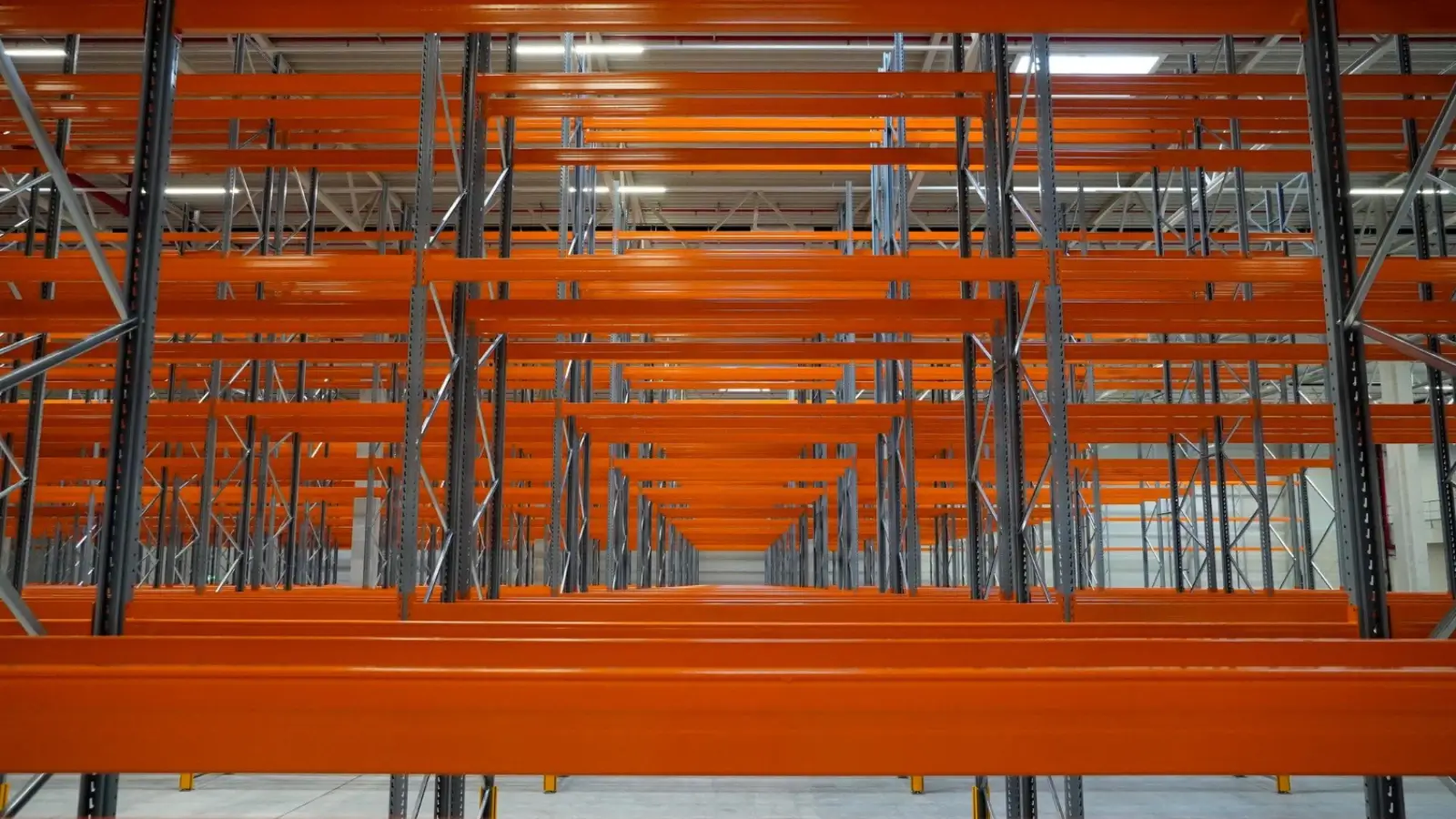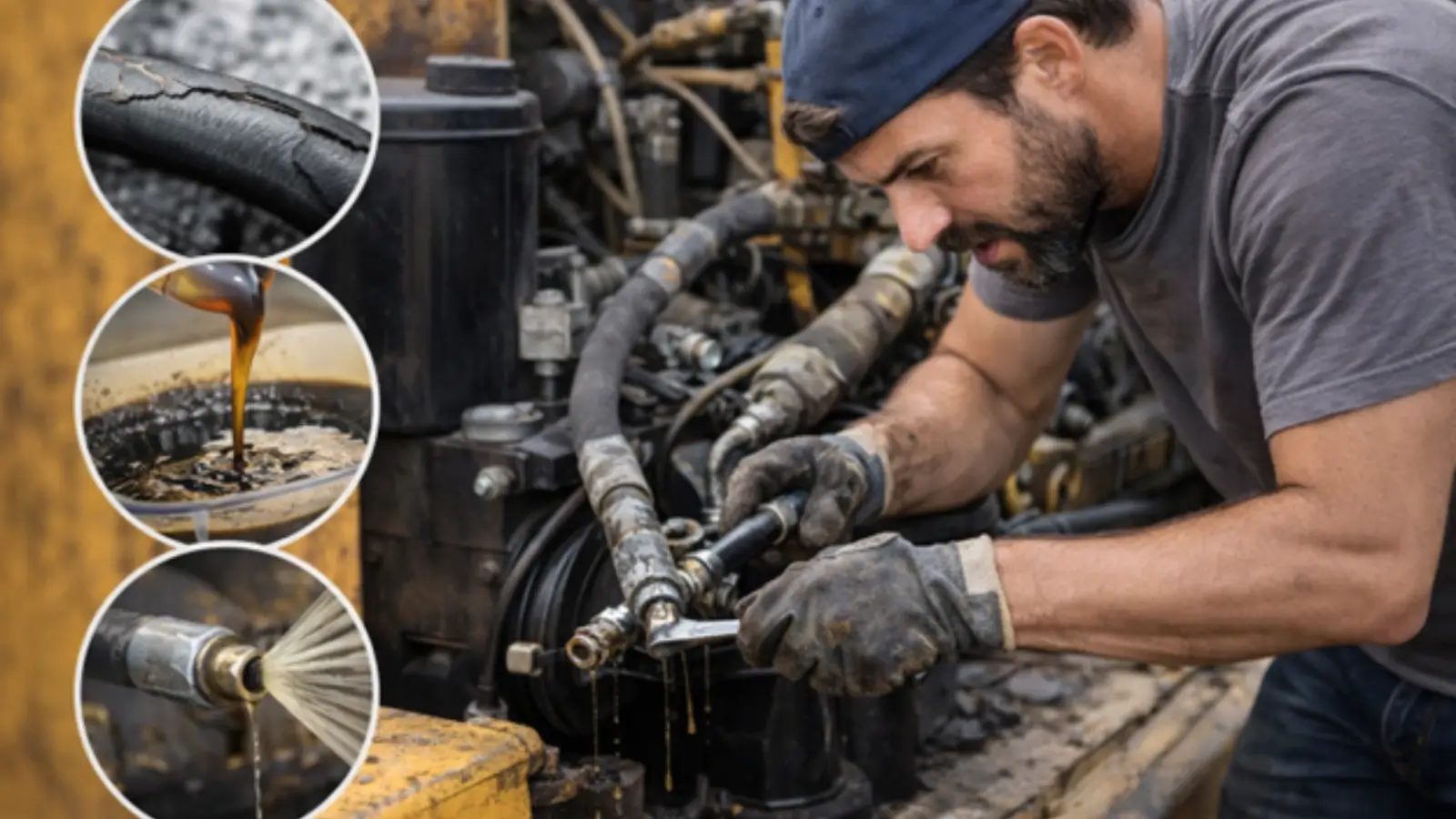Introduction
Most homeowners only think about their appliances when something goes wrong. The dishwasher won’t drain, the dryer stops heating, or the fridge runs too warm. These moments create stress, disrupt routines, and often come with an unexpected repair bill.
But here’s the truth: many appliance breakdowns don’t happen overnight—they build over time. And with a little seasonal attention, you can catch early warning signs before they become full-blown failures.
Whether it’s cleaning filters, checking seals, or inspecting your cooktop for gas leaks, proactive care is one of the best investments you can make in your appliances. This article walks through a practical, seasonal checklist you can follow to stay ahead of issues—saving money, avoiding emergency repairs, and extending the life of your most-used machines.
Spring: Clear Out and Clean Up
After Winter, It’s Time to Reset
1. Refrigerator Coils and Door Seals
Winter’s dry air often causes fridge door seals to harden or crack. Check the rubber gasket around the doors for brittleness, gaps, or mold. Clean the seals with mild soap and warm water. While you’re at it, vacuum the condenser coils located at the back or bottom—dirty coils force the unit to work harder, risking overheating and efficiency loss. These tasks reduce the risk of premature refrigerator repair and installation down the line.
2. Washing Machine Hose Check
Spring cleaning isn’t just about clutter. Inspect your washing machine’s hoses for cracks, bulges, or soft spots. Any weakness could lead to leaks. Tighten the connections and ensure the machine is level to avoid excessive vibration. If hoses are older than five years, consider replacing them proactively.
3. Garbage Disposal Fresh Start
Run a few ice cubes and citrus peels through the disposal to help sharpen blades and clear odor buildup. Then, check under the sink for leaks or corrosion near the mount. If you hear grinding or notice poor drainage, it may be time for garbage disposal repair and installation before summer guests arrive.
Summer: Efficiency and Ventilation Focus
Prepare for Heat and Heavy Usage
4. Dryer Vent Cleaning
Increased laundry loads—especially with kids home from school or summer travel—mean your dryer is working overtime. Check the exterior vent for blockages, then disconnect and clean the interior vent hose. Lint buildup is a major fire risk and a top reason for emergency dryer repair and installation. A clean vent also helps clothes dry faster and lowers energy use.
5. Cooktop Burner Test
Before your summer cookouts get underway, test each burner on your gas or electric cooktop. Make sure the flame is blue and steady (gas) or that elements heat evenly (electric). Clean burner caps and drip pans. If ignition is slow or uneven, consider professional cooktop repair and installation to avoid mid-party malfunctions.
6. Dishwasher Filter Flush
Warmer weather can amplify odors in dishwashers. Remove and clean the filter at the bottom of the unit, which traps food particles. Wipe the door edges and inspect the spray arms for blockages. Running a vinegar cycle monthly helps maintain freshness. Minor maintenance now can prevent the need for major dishwasher repair later.
Fall: Inspect and Prep for Colder Weather
Seasonal Transition Planning
7. Oven Calibration
With holiday baking season approaching, test your oven’s accuracy using a thermometer. Uneven heating can signal failing elements or calibration drift. Clean the interior thoroughly and inspect the door seal. If preheating takes too long or food cooks inconsistently, oven repair and installation services may be needed before big meals.
8. Washing Machine Deep Clean
Cooler weather means heavier fabrics like bedding and jackets. Run an empty hot wash cycle with baking soda and vinegar to clean the drum. Wipe down the gasket (especially in front-load models) to prevent mold. Check detergent buildup in the dispenser. These habits support long-term washing machine performance and help delay the need for future repairs.
9. Refrigerator Settings Check
Seasonal temperature changes affect how hard your refrigerator has to work. Ensure the internal setting is between 37–40°F and the freezer at 0°F. Clear out expired food and defrost if needed. Poor temperature control is often an early sign that refrigerator repair and installation may be needed in the coming months.
Winter: Safety and Durability Check-In
Protection During Low Activity Months
10. Gas Appliance Safety
If your home uses gas or electric appliances for heating or cooking, winter is a great time to perform a safety check. Listen for unusual noises from the cooktop or oven, monitor for gas smells, and ensure vents are clear. Always test carbon monoxide detectors. For added peace of mind, schedule a seasonal inspection with a qualified technician.
11. Freezer Door Seals and Frost Buildup
Dry indoor air can dry out freezer seals, reducing their ability to close tightly. Frost buildup in the freezer compartment can also signal moisture leaks or poor ventilation. If food isn’t freezing evenly or frost returns quickly after defrosting, it may be time to consider refrigerator or freezer repair.
12. Kitchen Exhaust Fans and Filters
Cold months mean less outdoor ventilation, so indoor air quality depends more on your range hood. Remove and clean grease filters, inspect the fan motor for noise, and ensure ductwork is unobstructed. This small task supports both safety and performance—especially for homes that cook indoors frequently during winter.
A Year-Round Mindset
Small Habits, Big Payoff
While this checklist offers a seasonal breakdown, the real value comes from adopting a mindset of proactive care. Simple monthly inspections and quarterly cleanings can reduce the likelihood of sudden failures and extend the life of your appliances significantly.
Appliance repair and installation isn’t always avoidable, but catching problems early is the best way to manage them on your terms. The key is rhythm—pair your inspections with seasonal events like time changes, holidays, or school schedules so they become second nature.
When to Bring in the Pros
Know When DIY Isn’t Enough
Some issues—like a cracked cooktop element or persistent fridge leaks—require more than a quick fix. That’s when it’s smart to reach out to a certified provider like QLAMA Appliance Repair. Professional technicians can handle complex problems and ensure safe, code-compliant work, particularly with gas or electric appliances.
Even better, scheduling regular maintenance or installation checks gives you peace of mind that hidden issues aren’t being overlooked.
Conclusion
Your appliances are only as reliable as the attention you give them. A seasonal checklist isn’t just about preventing breakdowns—it’s about creating a home environment that runs smoothly, saves money, and stays stress-free.
Whether you’re cleaning out a dryer vent in July, adjusting your oven in October, or inspecting gas connections in January, these small steps add up to major benefits.
So take the time, make the rounds, and let maintenance work with you—not against you. When in doubt, trust experienced partners like QLAMA Appliance Repair to help keep your systems safe, efficient, and ready for whatever the season brings.

















